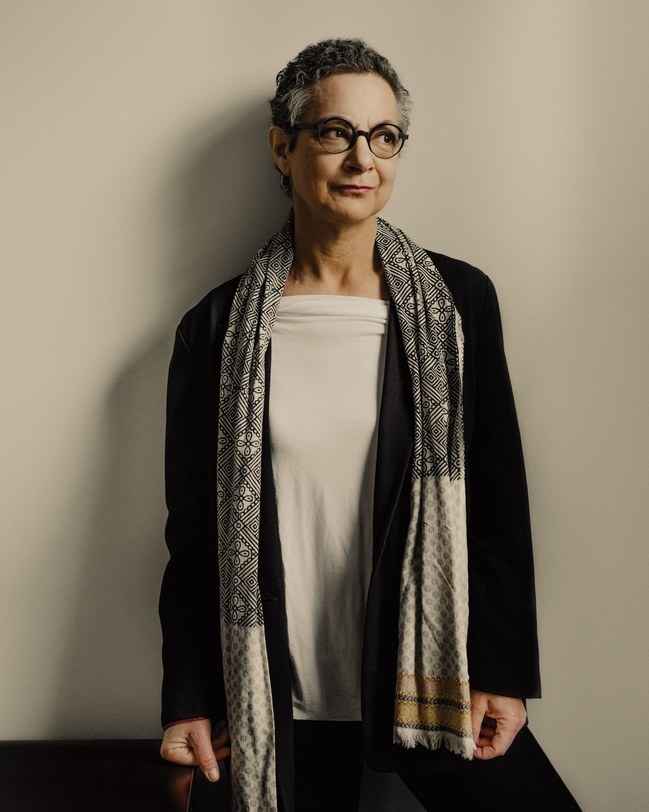Prof. Lauren Berlant To Receive Norman Maclean Faculty Award

The following was published by UChicago News on May 31, 2019.
Prof. Lauren Berlant and Prof. Emeritus Karl Freed will receive this year’s Norman Maclean Faculty Award, which the Alumni Association presents annually during Alumni Weekend. Established in 1997, the awards are named in honor of Prof. Norman Maclean, PhD’40, the critically acclaimed author of A River Runs Through It who taught at UChicago for 40 years.
Berlant, the George M. Pullman Distinguished Service Professor in the Department of English, has been at UChicago since 1984. She is a senior fellow at the Chicago Center for Contemporary Theory and also actively involved in the Center for the Study of Gender and Sexuality. Since her first book, The Anatomy of National Fantasy: Hawthorne, Utopia and Everyday Life (University of Chicago Press, 1991), her research has addressed personal and political attachments and affects: in particular, the resonance between the ways humans attach to each other to hold up their worlds and the ways they attach to concepts such as citizenship, race, gender and sexuality to provide similar kinds of infrastructure and intimacy.
Her output includes a national sentimentality trilogy—Anatomy, The Female Complaint and The Queen of America Goes to Washington City—that focus on the three-centuries-long entanglement of political intimacy and structural violence in the United States. More recently her work has been contemporary and transnational—for example, Cruel Optimism (Duke University Press, 2011). She also has produced edited series focused on particular affects—Intimacy (University of Chicago Press, 2000) and Compassion (Routledge, 2004)—and genres, such as a 2017 issue of Critical Inquiry focused on comedy, which she co-edited with Sianne Ngai. She also recently published a book of theoretical prose poems with anthropologist Kathleen Stewart called The Hundreds (Duke University Press, 2019).
Berlant said she always saw herself fundamentally as a teacher, and she has always thought of teaching as a craft in need of constant work. Her students report not only on the presence of the thought experiment and the exercise in her classroom, but the importance she gives to brainstorming inside and outside of her extensive office hours.
Freed, the Henry J. Gale Distinguished Service Professor Emeritus in the Department of Chemistry, the James Franck Institute and the College, joined the University of Chicago in 1968. He has received several major awards for his research contributions, including the American Chemistry Award in Pure Chemistry, the Marlow Medal of the Faraday Division of the Royal Society of Chemistry, the Polymer Prize of the American Physical Society and his election to the American Academy of Arts and Sciences.
The diversity of Freed’s projects arises from his desire to carve aside some time for learning about new research areas, methods and systems. Freed’s curiosity-driven approach to research is exemplified by his theory of the miscibility of polymers (a problem of enormous industrial and technological importance). The multidisciplinary nature of some research has often made it desirable or imperative for jointly mentoring students by faculty from very different fields (and different cities). Some joint students have spent several months in the collaborator’s lab.
Freed has mentored many students, postdocs and visiting researchers, welcoming them all with an open-door policy. Freed taught a wide variety of courses, including general chemistry, graduate courses on statistical or quantum mechanics and an occasional advanced course on a specialized topic. The challenging courses were focused on rigorous, critical thinking, softened by occasional humor.
—Adapted from content that first appeared on the Alumni Association website.
